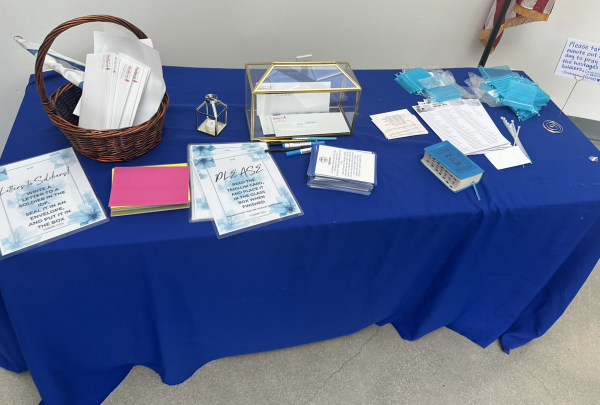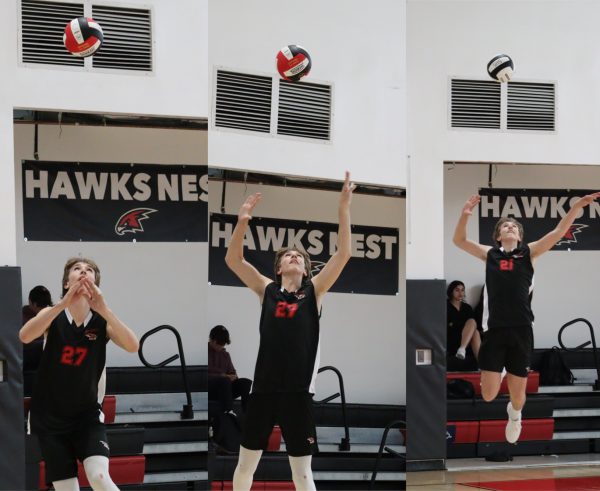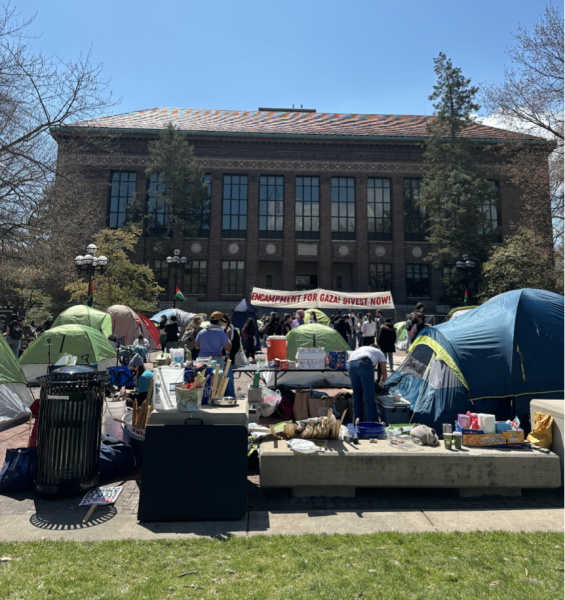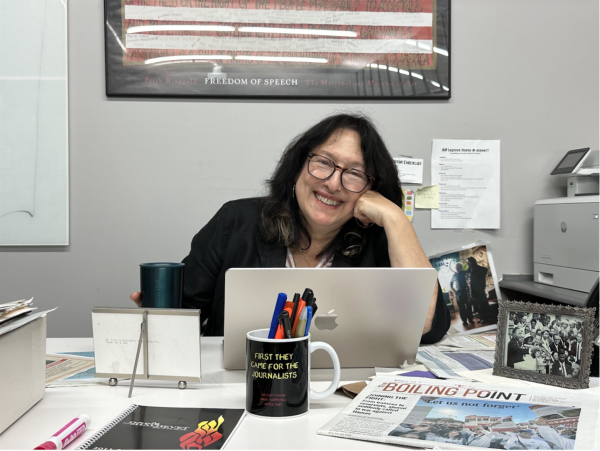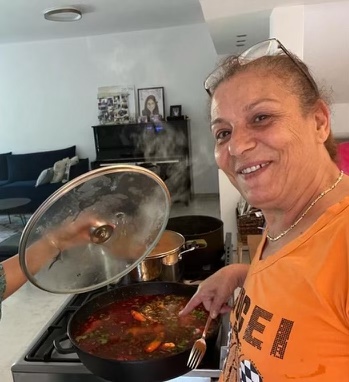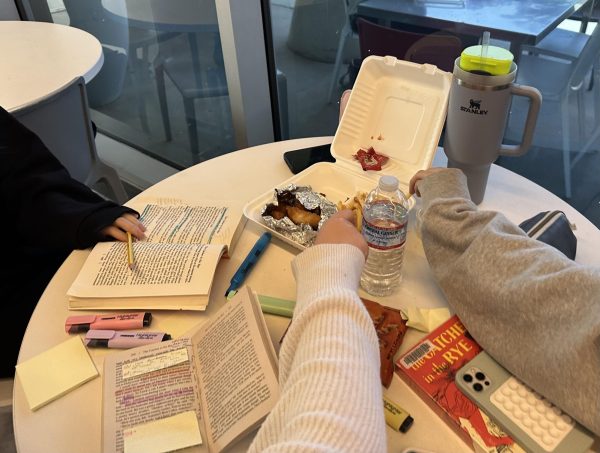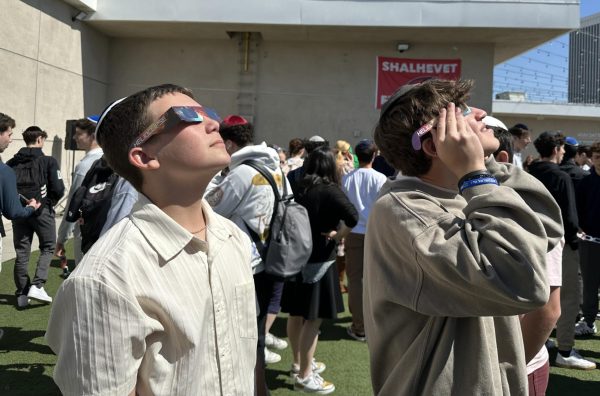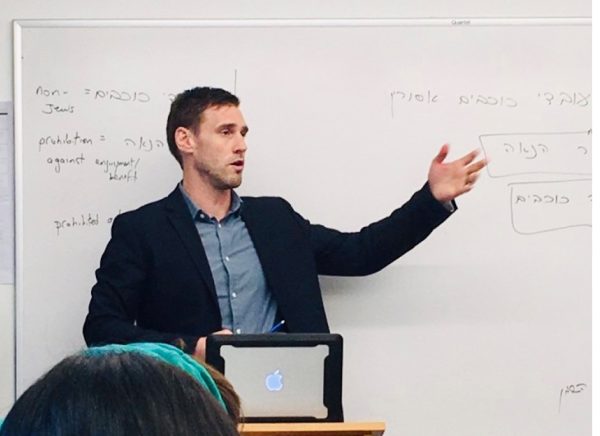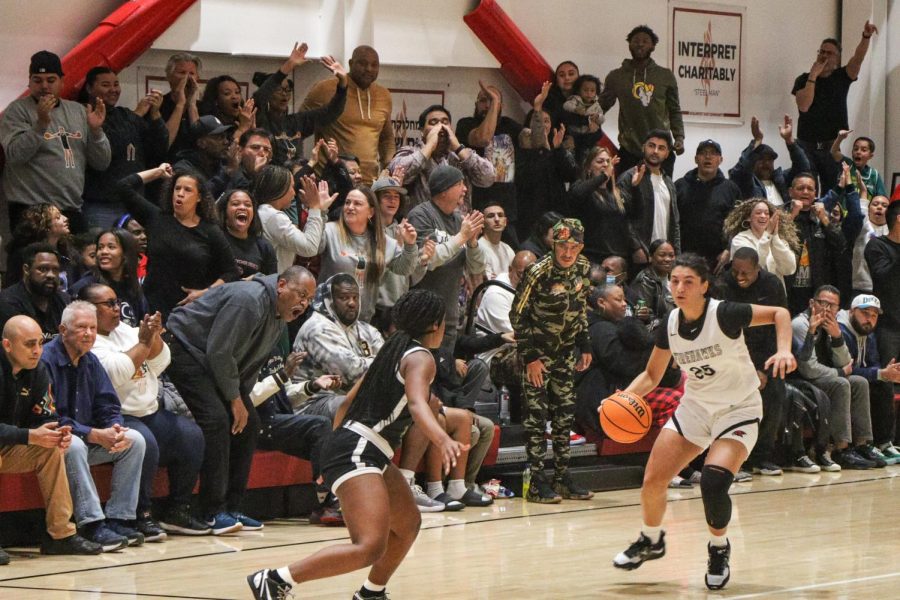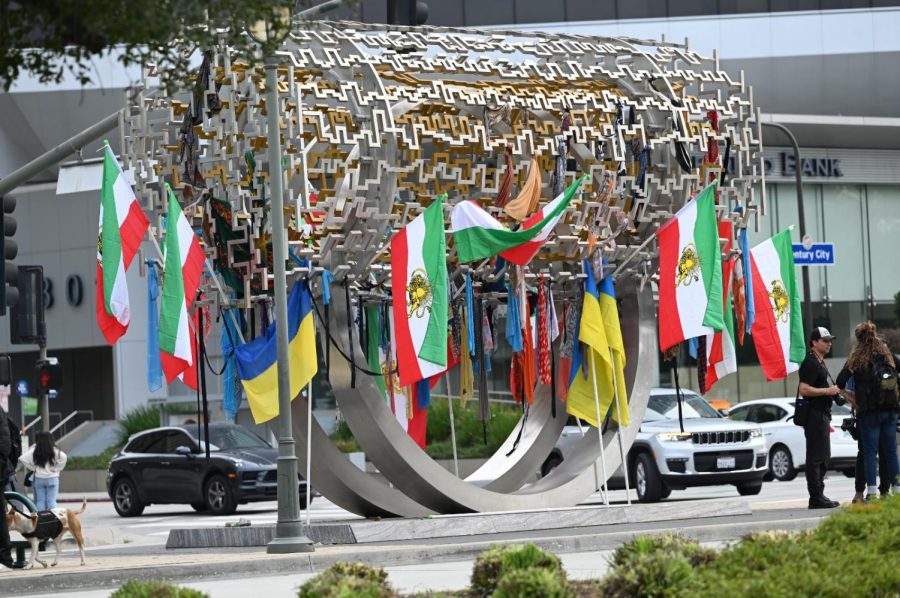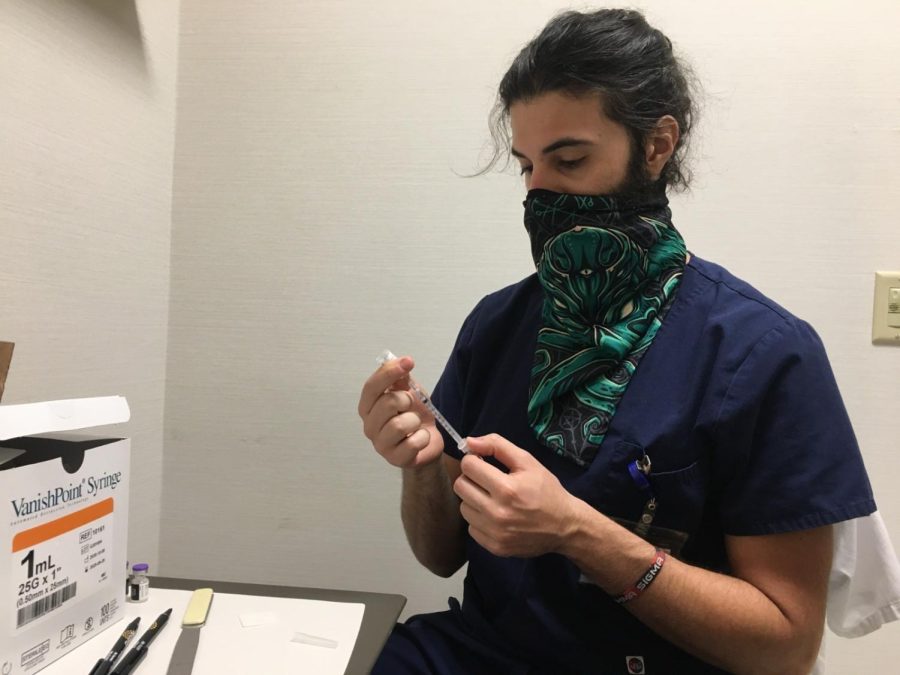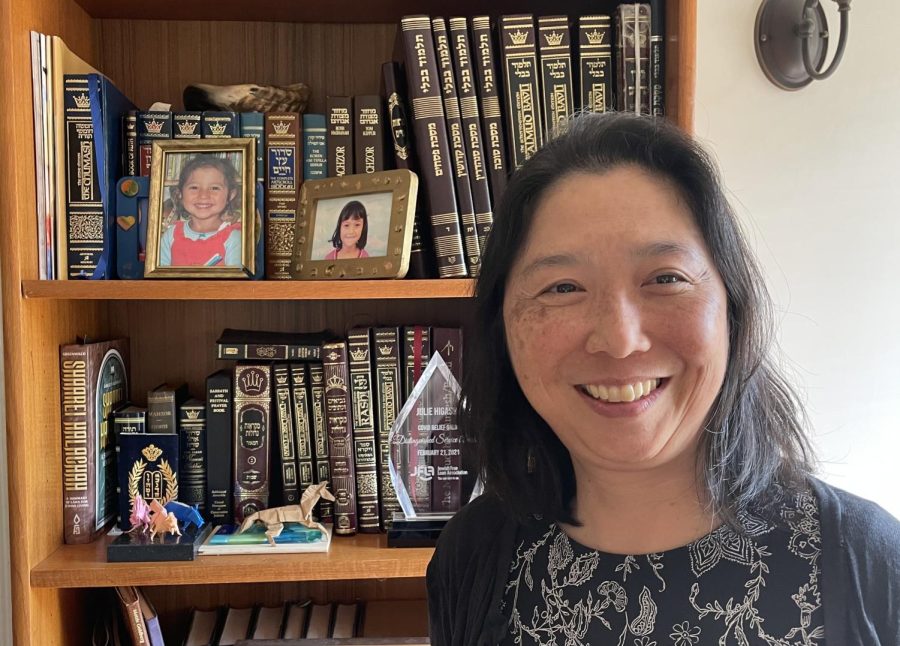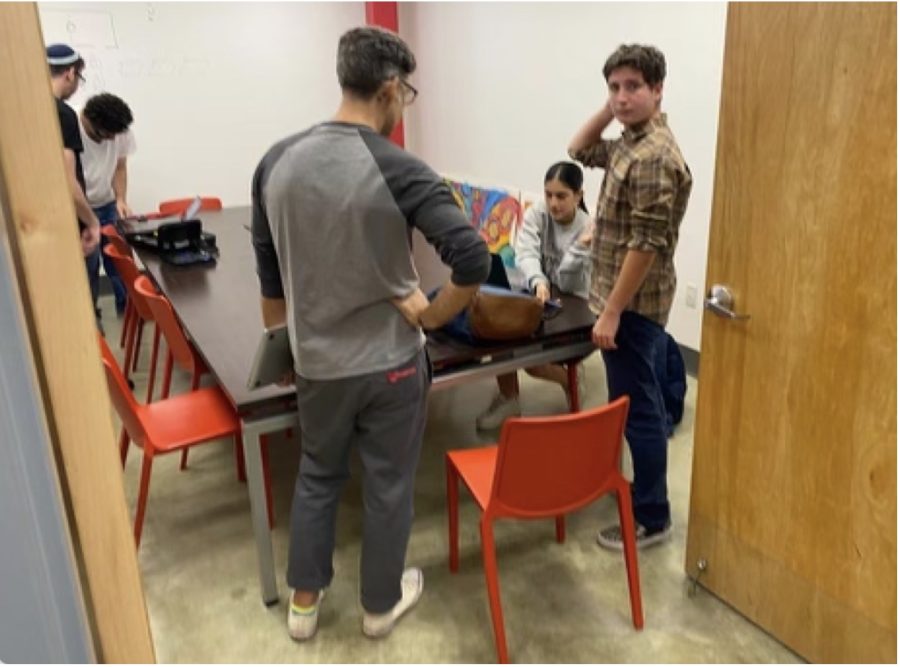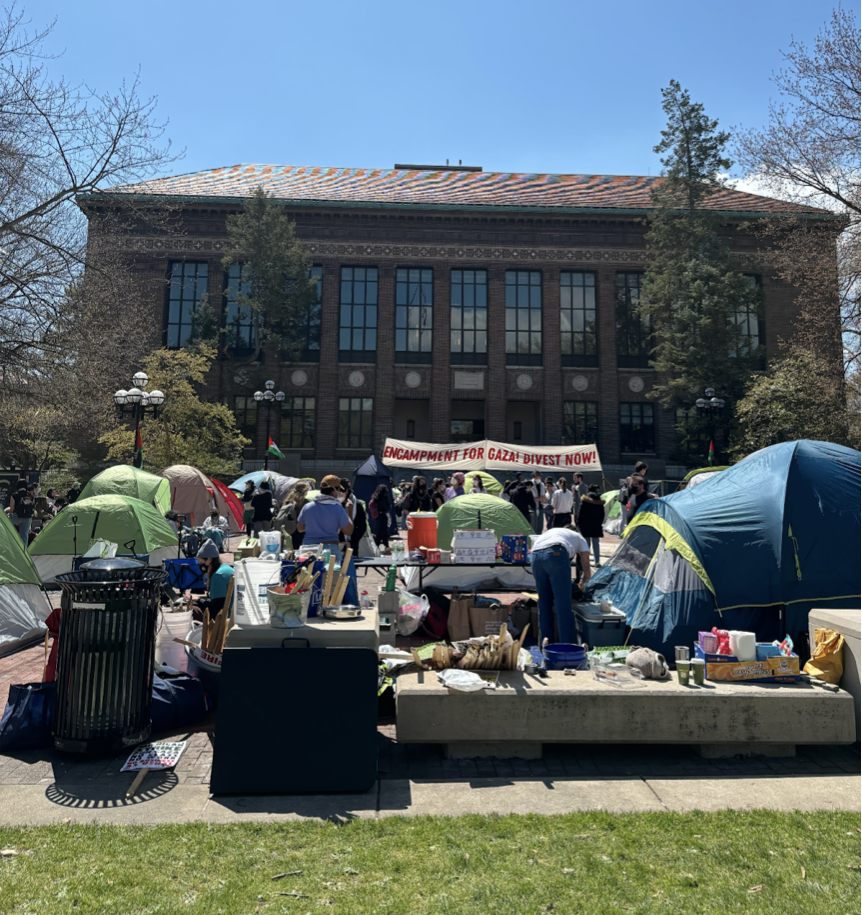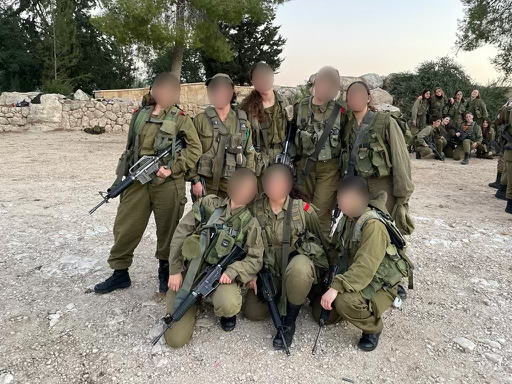In a room in Tel HaShomer Hospital near Tel Aviv, just a two-hour drive from the Erez checkpoint on the Israel-Gaza border, a young Palestinian woman wearing a hijab and a loose-fitting robe leans over the crib of her four-month-old son. The boy was born with no immune system and needs a costly operation. Her attention shifts to a T.V, as a news station announces that Israeli soldiers in Gaza have killed a man’s wife and his four children.
A short while later, the woman, Raida, is told that a Jewish Israeli man whose son was killed in the army will anonymously donate the $55,000 needed to pay for her infant’s bone-marrow transplant.
“Despite his son being killed, he donated to a Palestinian boy?” Raida asks, rocking her son Mohammad in her arms. “The Israelis do strange things for us.”
Precious Life, an Israeli documentary directed by Shlomi Eldar – an Israel Channel 10 News reporter who had covered Gaza for 10 years – is full of such paradoxes.
As the story unfolds, both Israelis and Palestinians must put aside their differences to save a sick baby in the period of violence before, during and after the 2008-2009 Gaza War. Its intricate story line, playing out as the filmmakers followed events without knowing what would happen, led columnist Thomas Friedman to write in the New York Times that it “reflects the Middle East I know — one full of amazing compassion, even among enemies, and breathtaking cruelty, even among neighbors.”
Though not yet officially released in the United States, Precious Life premiered last July in Jerusalem and its producer, Ehud Bleiberg, appeared at B’nai-David Judea Congregation Aug. 29 for a screening followed by questions. Mr. Bleiberg also co-produced The Band’s Visit, a 2007 Israeli film in which an Egyptian band stranded in an isolated town in Israel is befriended by locals.
In the question period, voices rose as some viewers said the film showed Israel in a bad light. Someone criticized a scene in which the child’s Israeli doctor says Israel is using excessive force in Operation Cast Lead. Told he was wrong to include that clip, Mr. Bleiberg insisted that the movie just tracked the scenes before the camera.
“Ninety-nine percent of what happened in the film happened in real time,” Mr. Bleiberg said. “We didn’t know the end of the story.”
D
r. Raz Somech, Mohammed’s doctor, directs the Pediatric Immunology service at Tel Hashomer Hospital and answered questions via e-mail from The Boiling Point. He said the hospital routinely serves patients from the Palestinian territories as well as Israelis.
“The whole team at the hospital is very proud of it,” he wrote.
In real life, he said, such daily interaction and shared humanity are not so rare.
“It is not just the film, and not just in hospitals,” Dr. Somech wrote. “It is our day by day work with this population, especially when the camera is not there, that gives the strong and stable support to build a bridge of peace between us and our neighbors.”
But in the film, images of congested lit-up highways in Israel contrast with Gaza’s dirt roads. Rockets and devastation in Gaza are reminders of the wider context in which the story plays out.
Raida has already buried two daughters when she comes to Tel Hashomer, victims of the same genetic disease that her son now has. Mohammad – a cute baby with almond-shaped eyes – would have met the same fate.
“In Gaza I was told there was no treatment for it… and that he was destined to die,” says Raida.
Early in the film, the boy’s condition and the family’s early tragedies catch the attention of journalist Eldar, who learns about the story through Dr. Somech. Eldar appears on TV announcing the baby’s situation in hopes that someone will fund the operation to save him.
Once the money is secured, finding a match for the baby’s blood type presents another series of obstacles. None of Mohammad’s siblings or parents is a match, so blood samples from his extended family in Gaza must be brought into Israel – a difficult feat because of Israel’s blockade.
Meanwhile, Mohammad’s parents see online that people in Gaza are accusing them of collaborating with Israel in exchange for the help they are receiving. This is especially hard for Raida, and viewers see her go through a series of reactions.
In another scene, Raida and her husband hear the memorial siren on Yom Hazikaron and see fireworks on Israel’s Independence Day. Raida tells Eldar that as a child, she was taught to fear Israeli soldiers. With a “Chag Sameach!” soldiers at the hospital give her other children candy on a Jewish holiday.
“[It was a] cognitive dissonance for her,” said Mr. Bleiberg, adding that Raida had “too much to deal with.”
The biggest personal crisis for the filmers comes when Raida tells the doctor she will let Mohammad be “a martyr for Jerusalem,” and imagines him killing himself at a “peaceful parade” there. For Palestinians, she says, “death is natural,” but when an Israeli soldier dies, it’s like the world is “turned upside-down.”
“Life isn’t precious,” Raida tells Dr. Somech. “From the smallest infant, even smaller than Mohammad, to the oldest person, we will all sacrifice ourselves for the sake of Jerusalem. We feel we have the right to it. You’re free to be angry, so be angry.”
Eldar then narrates how driving back from the hospital that night, he felt “like not going back.” But Raida later says that she had been torn between the expectations of her community and her situation at the hospital.
R
aida and the film’s producers are still in touch today, and she and Mohammad, whose condition has stabilized, accompanied them to the premier of Precious Life at the Israeli Film Festival in Jerusalem. It won Best Documentary.
HBO has bought the broadcast rights and plans to air it in 2011, Mr. Bleiberg said. They hope it will be nominated for the Academy Award for the Best Documentary.
Several Shalhevet students, parents and alumni attended the August screening. Trevor Brandt-Sarif ’10 said it should be mandatory viewing for everyone.
“The film very effectively and powerfully portrayed the human dimension to the Israeli-Palestinian conflict,” said Trevor. “The story about the child is in some ways the center point and in some ways a vehicle to explain a bigger dimension.”
It also raises a question of whether personal contact – and perhaps even film – can be a vehicle for transformation.
At the end of the film Raida becomes pregnant again, and delivers a daughter who the doctors say is healthy. This time when Dr. Somech asks her if life is precious, she answers yes.
“She didn’t change her [other] opinions – only on the importance of life,” said Mr. Bleiberg. “She’s very religious and very smart.

